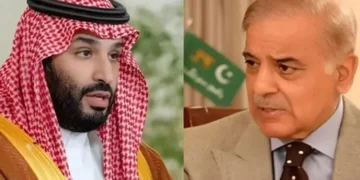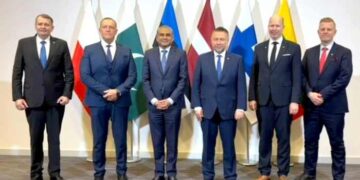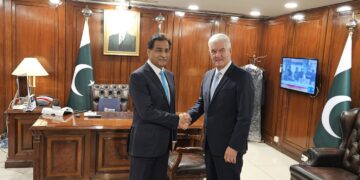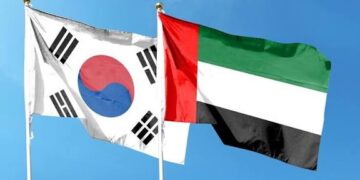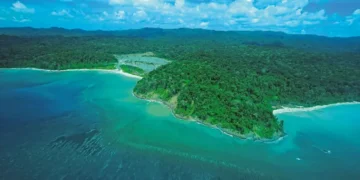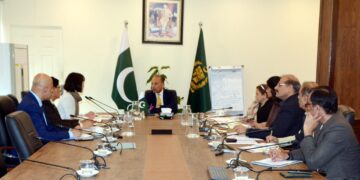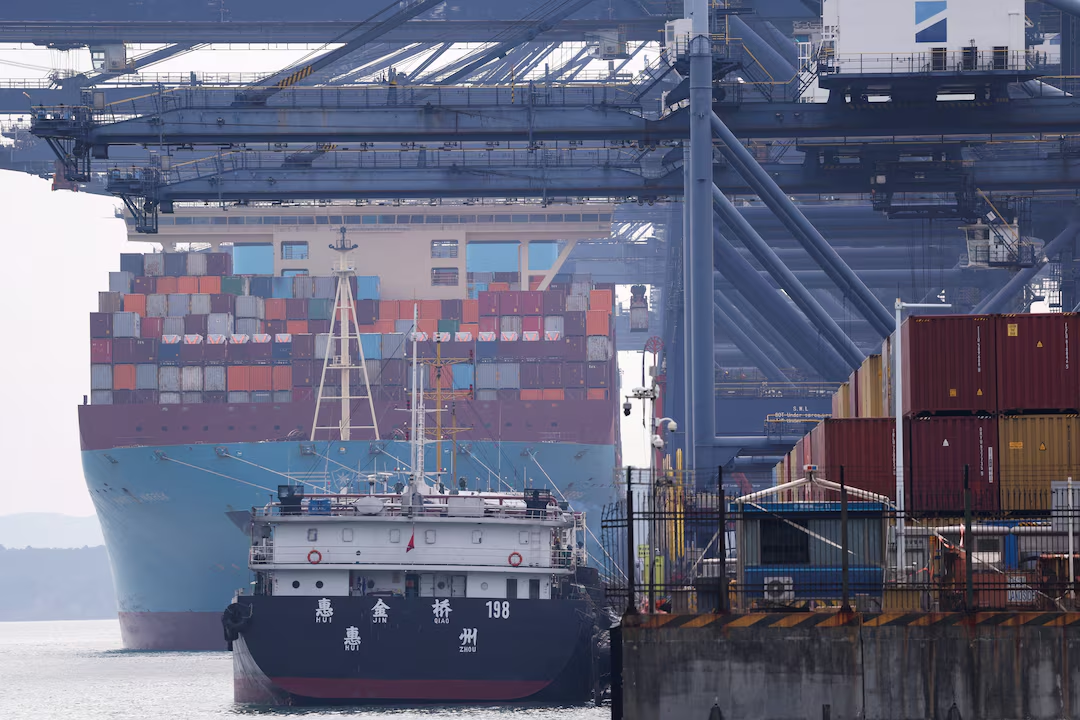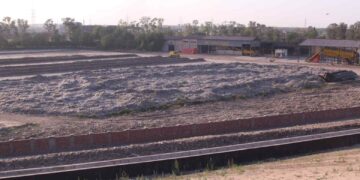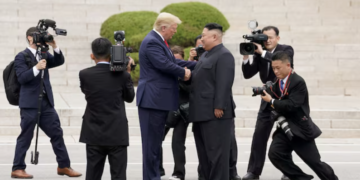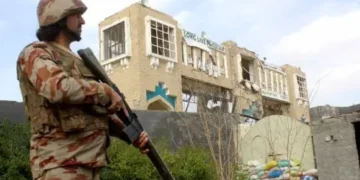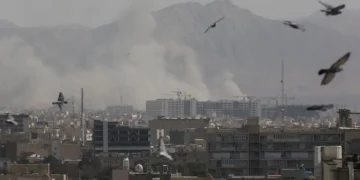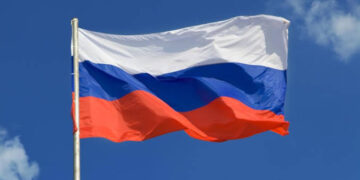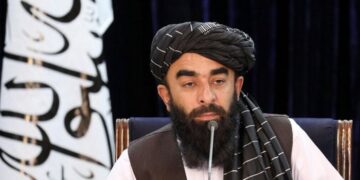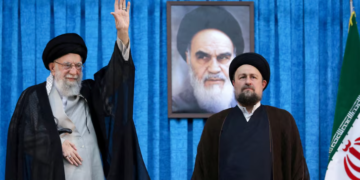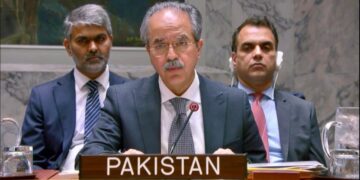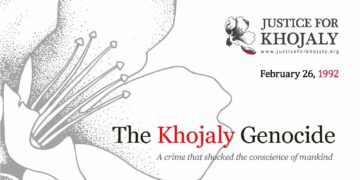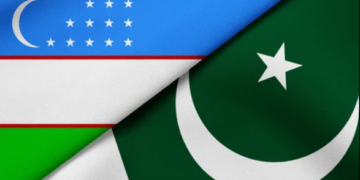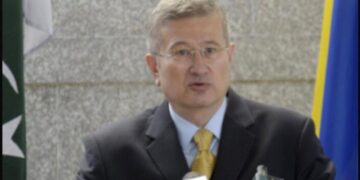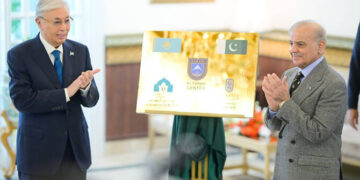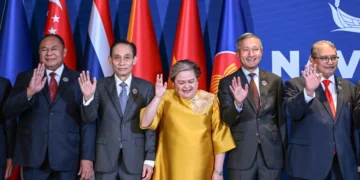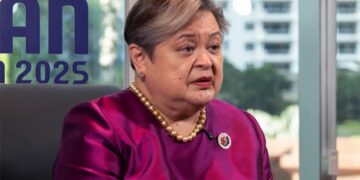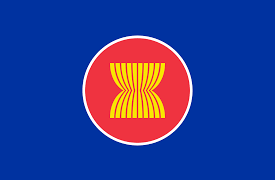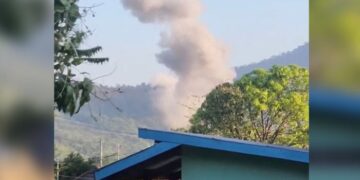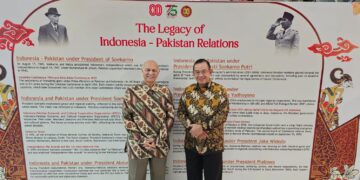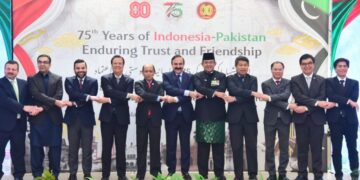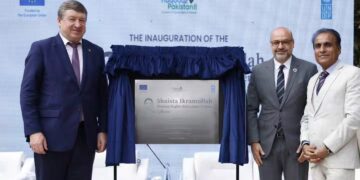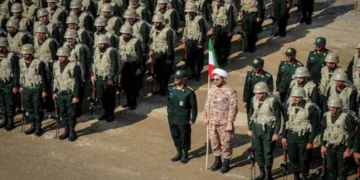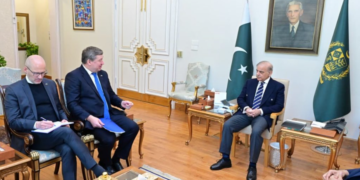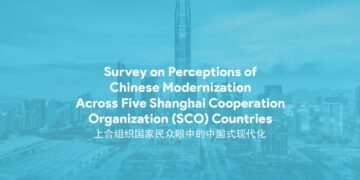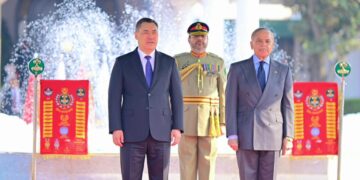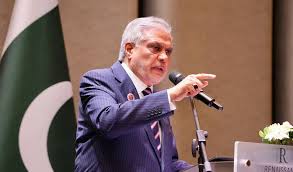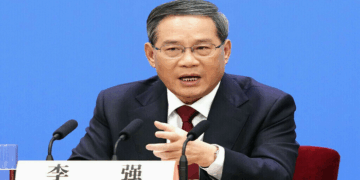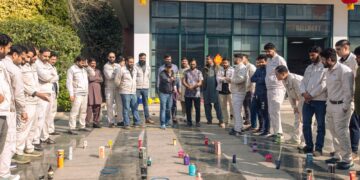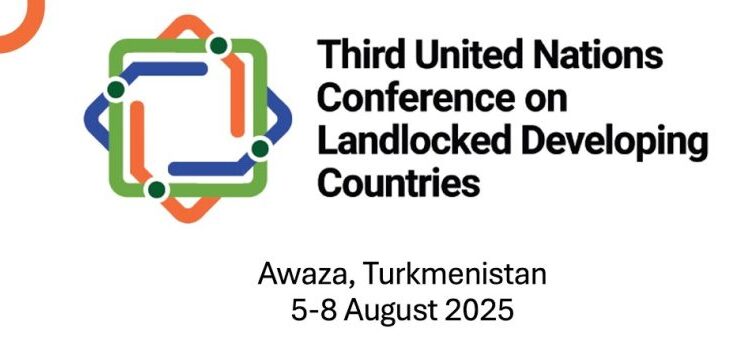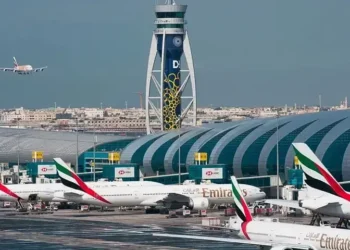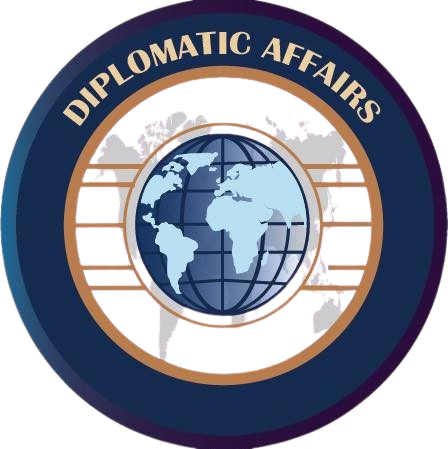TASHKENT: Uzbekistan is set to take a prominent role at the upcoming Third United Nations Conference on Landlocked Developing Countries (LLDCs), to be held in Turkmenistan.
Organized by the UN Secretariat in collaboration with the host government, the high-level forum will focus on deepening regional connectivity, enhancing transport infrastructure, and promoting economic integration among nations without direct access to the sea.
President Shavkat Mirziyoyev is expected to lead Uzbekistan’s delegation, reaffirming the country’s commitment to advancing practical, multilateral solutions for the unique challenges faced by landlocked states. His participation will also highlight Uzbekistan’s growing influence in shaping global transport and trade policy.
The conference will be attended by more than 100 high-level delegations, including heads of state and government from the 32 UN-recognized landlocked developing countries.
Among members of the Commonwealth of Independent States (CIS), the LLDC group includes Armenia, Azerbaijan, Kazakhstan, Kyrgyzstan, Moldova, Tajikistan, Turkmenistan, and Uzbekistan.
The event’s agenda will cover a wide range of initiatives—political, economic, and cultural—including National Days of Central Asian countries, an international exhibition showcasing infrastructure, investment opportunities, and regional innovation, as well as discussions on cooperation within multilateral frameworks such as the United Nations and the World Trade Organization.
Uzbekistan continues to be a key contributor to global LLDC initiatives, actively supporting the Almaty Programme of Action (2003) and the Vienna Programme of Action (2014–2024). These frameworks aim to improve transit systems, reduce trade costs, and accelerate sustainable development in landlocked countries.
In recent years, Uzbekistan has pushed forward major infrastructure and logistics projects, including the Trans-Afghan Railway Corridor, development of the Middle Corridor, and expanded collaboration through the Belt and Road Initiative. These efforts are supported by domestic investments in rail electrification, logistics hubs, and modern border facilities.
The 2022 UN General Assembly resolution on strengthening connectivity between Central and South Asia, introduced by Uzbekistan and co-sponsored by 40 countries, marked a major step in global recognition of the region’s potential as a trade and transit bridge.
Experts view Uzbekistan’s role in the upcoming LLDC conference as pivotal—not only in addressing shared challenges but in promoting a long-term vision for integrating landlocked countries into global economic systems. As one of only two double landlocked nations in the world, Uzbekistan is now turning a geographic limitation into a strategic asset, reinforcing its status as a rising Eurasian transit hub.

